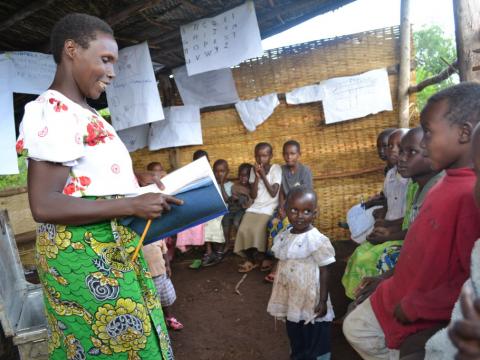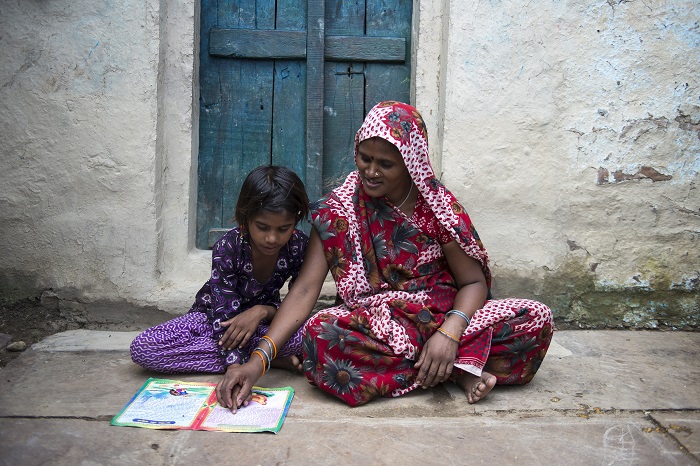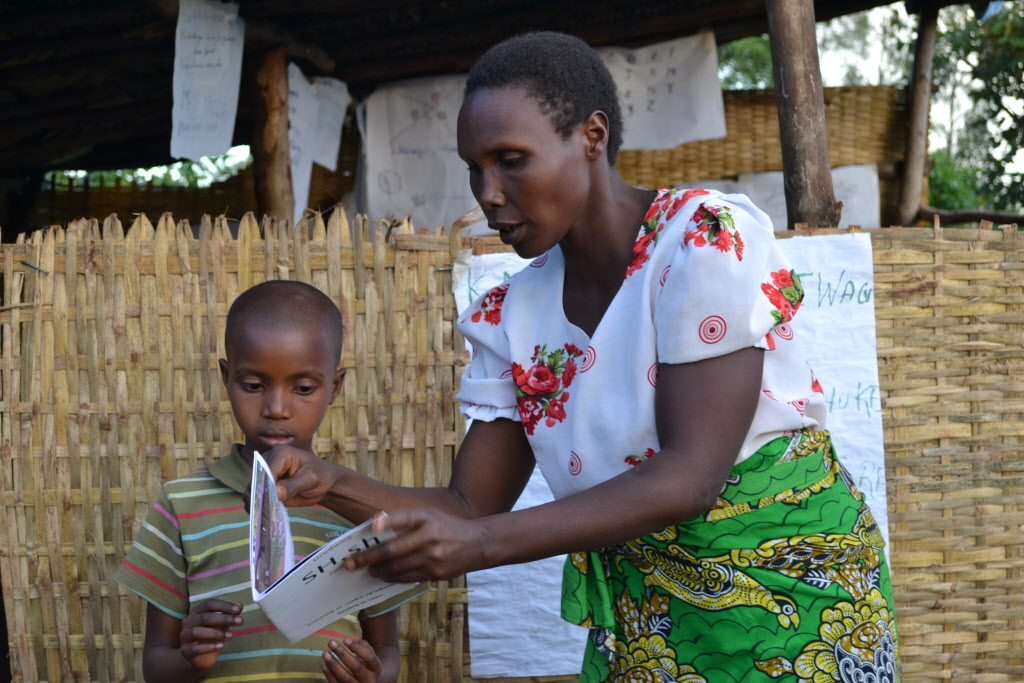All mothers want their children to succeed in school – here’s how to make that happen

My daughter was five-years-old when we discovered her learning disability. She loved listening to books and being read to, but when she tried to read by herself she struggled with even simple words. She was so discouraged that by the time she turned seven she stopped reading. As a mother, I knew that she would not be successful unless she learned to read. I knew that I needed to find a solution for her. Thankfully, I found a reading coach to help my daughter. She continued to struggle through school, but with encouragement she graduated, got a Master’s degree in education and is now a reading teacher herself.
We can equip all mothers with the skills to support their children’s literacy
Being a mother can be heartbreaking. I often wonder would have happened to my daughter if I didn’t have the knowledge and resources to find solutions to her learning disability. The reality for many mothers is that they have walk through the same pain I felt but without the support they need to see their children learn. This doesn’t have to be the case.
Even the poorest families can improve their children's school performance with the right knowledge and tools.
Research shows that caregiver involvement in children’s learning positively affects the child’s performance in school. The impact is the same regardless of ethnic background, family income, maternal level of education, or the child’s gender. This means that even the poorest families can support their children’s literacy. World Vision is helping parents do just this through a programme called Literacy Boost.
Poonam, 11, and her mother, Mamta, 30, read outside their home in India. Mamta participates in Literacy Boost parental awareness sessions. “As a parent, I’m taught to encourage and further develop Poonam’s reading and comprehension skills using communication tools,” she says. “I try and practice at home what we are taught and make the effort to talk with Poonam regularly and ensure that she fully comprehends what I say.” (Photo credit: Tiatemjen Jamir / World Vision)
One mother’s commitment helps a community’s children
Literacy Boost[1] is an early grade reading programme that helps children learn in- and out-of-school. Parents and caregivers are taught about the importance of children’s literacy by participating in parental awareness sessions. They’re encouraged to take their children to local reading camps, and to volunteer to help other children learn to read too. World Vision has seen mothers (and fathers) around the world take these messages of hope to heart.
Regine is a 41-year-old mother and volunteer reading camp facilitator from Cankuzo Province, Burundi. Regine is so passionate about teaching the children in her community to read that despite her fears over social turmoil in Burundi’s capital, Bujumbura, Regine kept her reading camp open. She says that more children than ever are participating.
"If children cannot read or write, they will have few opportunities," says Regine.
Children, like nine-year-old, Anick, are excelling in- and out-of-school because of Regine’s efforts. This shouldn’t come as a surprise: In addition to academic achievement, parental involvement leads to the development of problem-solving skills, and social and emotional development.
Regine helps nine-year-old, Anick, to read during a weekend reading camp session in their community. (Photo credit: Achel Bayisenge / World Vision)
All mothers can support their children’s literacy
On Mother’s Day, let’s celebrate and support mothers by recognising all they do to help children succeed in school and in life. Let’s encourage all mothers – no matter where they live – to get involved in their children’s reading. And let’s support efforts around the world to offer more books, support for teachers and more involvement by all community members to ensure children can read.
Related links:
- VIDEO: Literacy Boost: Strengthening children's literacy skills in Burundi
- Community literacy education in Burundi helps a grandmother teach her granddaughter to read
- A reading club transforms a community in India
Linda Hiebert is the Partnership Leader, Education and Life Skills at World Vision International. She has over 25 years of experience in international development, including work as programme officer, director and vice-president in a number of countries and regions. Linda has a Bachelor's degree in Nursing, and a Master's degree in Development from Harvard's Kennedy School of Government.
[1] Literacy Boost is a copyrighted tool designed, developed, and owned by Save the Children.

